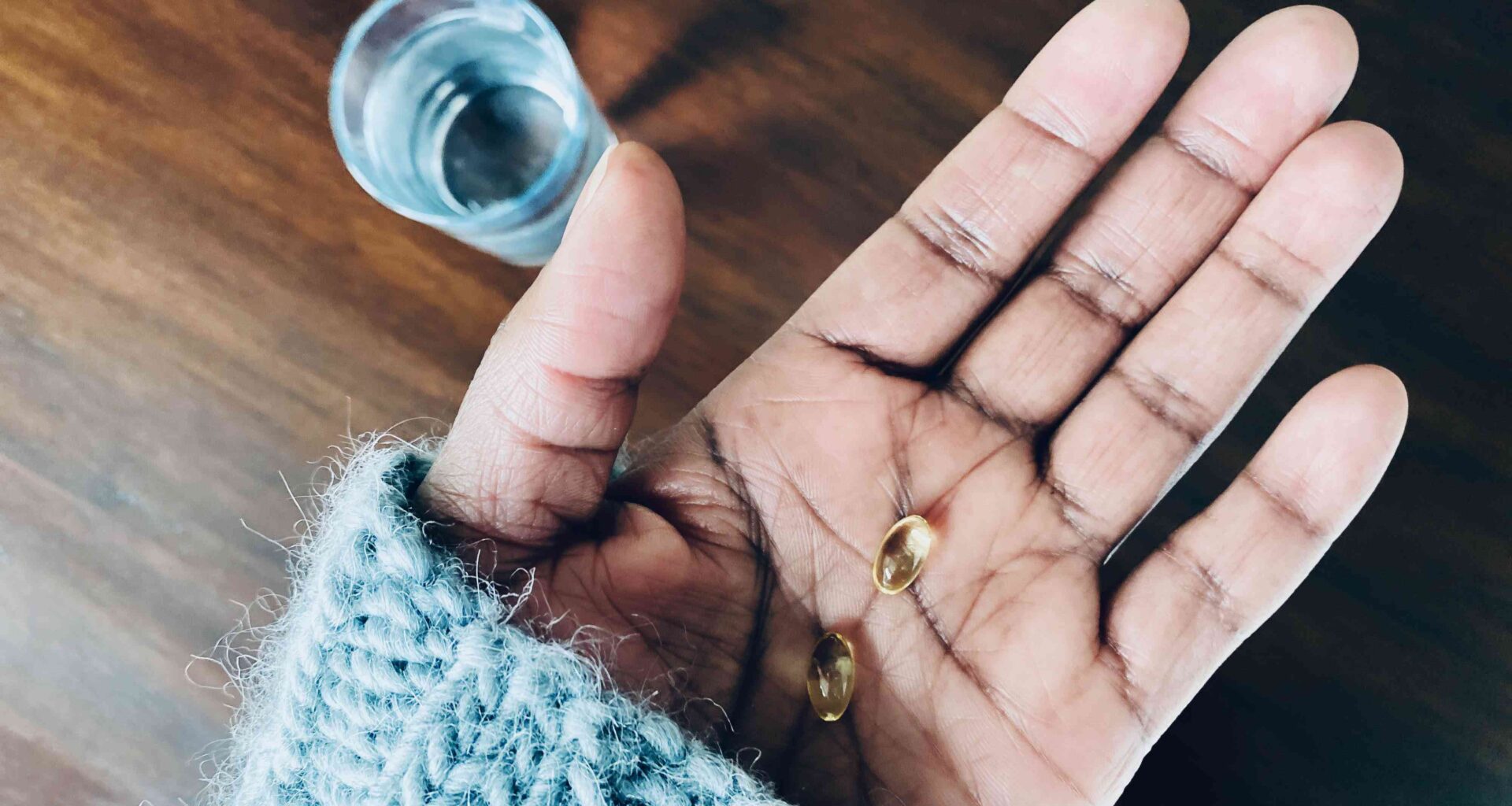Everyone needs vitamin D. You can get vitamin D from the sun and fortified foods, but many people also take vitamin D supplements. For most people without a severe deficiency, taking vitamin D in smaller daily doses is better than larger weekly doses.
There has been debate on the effects of large weekly doses of vitamin D compared to the more traditional smaller daily dose.
For some people, a higher weekly dose of vitamin D could offer more benefits than taking vitamin D every day. A 2023 review found that very high weekly dosages (up to 21,000 IU) reduced intensive care unit (ICU) hospitalization and death in people with COVID-19.
A study published in 2018 examined pregnant people who were deficient in vitamin D3. The group that received the higher weekly dose had higher vitamin D blood levels than the group that took a lower daily dose and experienced no adverse effects.
Still, most people who require vitamin D supplements only need a small daily dose. Generally, only people who are severely deficient in vitamin D need a larger, short-term, weekly dose.
Experts recommend that most adults aged 19–70 take 15 micrograms (mcg), or 600 international units (IU), of vitamin D per day for healthy bones and immunity. The tolerable upper limit (TUI), or the highest amount that is considered safe, is 4,000 IU for adults.
Vitamin D Deficiency
A surprisingly high percentage of people in the U.S. do not get enough vitamin D. About 41% of people in the U.S. have a vitamin D deficiency. People aged 20–29 are most affected.
Vitamin D deficiency can cause symptoms like:
- Fatigue
- Muscle weakness
- Bone pain
You may not experience any symptoms or know you are deficient. A blood test is the only way to determine whether your vitamin D levels are low.
If your vitamin D levels are sufficient, currently considered 50 nanomoles per liter (nmol/L) or above, you may not need to take a supplement.
Vitamin D Excess
Consuming more than the TUI may lead to vitamin D toxicity. Vitamin D helps the body absorb calcium. Having too much vitamin D can lead to hypercalcemia, or dangerously high blood calcium levels.
Symptoms of hypercalcemia include:
- Frequent urination
- Muscle weakness
- Nausea and vomiting
- Kidney stones
Several foods naturally contain high amounts of vitamin D, while other foods are commonly fortified with the vitamin. Your body also makes vitamin D from sun exposure, which is why many call it the “sunshine vitamin.”
Foods With Vitamin D
Some food sources of vitamin D include:
- Beef liver
- Cheese
- Egg yolks
- Fatty fish (such as mackerel, salmon, and tuna)
- Fortified products (commonly including breakfast cereal, milk, and orange juice)
- Mushrooms
Sunlight
Your body makes vitamin D when your skin is exposed to the sun.
It’s important to practice sun safety when outdoors to prevent skin aging and skin cancer. Wear broad-spectrum, water-resistant sunscreen with an SPF of at least 30.
Get the most out of your vitamin D supplement by following these tips:
- Take with fats: Vitamin D is a fat-soluble vitamin, which means it requires a source of fat for absorption. Try taking vitamin D with a meal containing healthy fat, such as avocado or nuts.
- Plan your timing: There is no specific time that you should take vitamin D. The best time to take your supplement is whatever time works best for you and helps you stick to a routine.
- Choose your form: Vitamin D supplements come in pills, chewables, liquids, and more. Choose whatever form best suits your preferences and health needs. Both vitamin D2 and D3 will increase your blood levels, but research shows that D3 increases levels higher and for longer than D2.
- Look for third-party testing: Third-party testing indicates a supplement brand has allowed its product to be verified by an outside organization. Third-party testing companies include NSF, USP, BSGC, and Informed-Sport.
- Take complementary supplements: Consider taking a magnesium supplement, as this mineral helps activate vitamin D.
The recommended daily amount of vitamin D for adults is 15 micrograms (mcg), or 600 IU. You can get vitamin D in food and supplements, and your body naturally makes it when you’re exposed to the sun.
In some cases of severe deficiency, taking higher weekly doses of vitamin D may be helpful, but for most people, taking smaller daily doses is recommended. Talk to a healthcare provider before starting a vitamin D supplement. They can test your blood levels to make sure you do not take too much.
